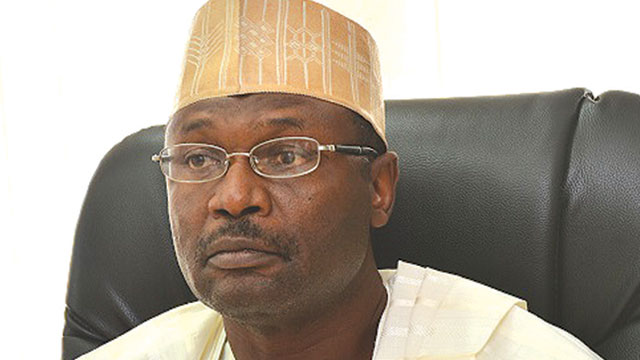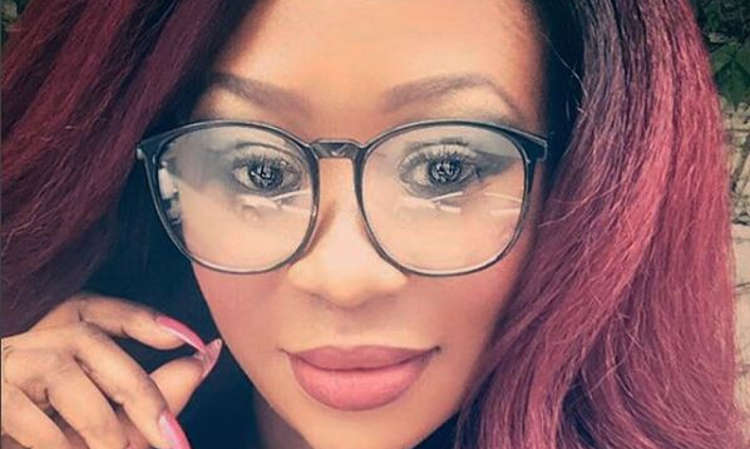Britain raised the stakes in its diplomatic battle with the Kremlin on Thursday after accusing President Vladimir Putin of having ultimate responsibility for the nerve agent attack on a Russian former spy.
Ben Wallace, the UK’s security minister, said that Mr Putin and his government directed, controlled and funded the military intelligence unit known as the GRU that Britain identified as being behind the attack on Sergei Skripal on March.
His comments to the BBC went further than prime minister Theresa May who on Wednesday told lawmakers that the murder attempt was approved at a “senior level” of the Russian state. Officials announced charges against two alleged Russia agents, Alexander Petrov and Ruslan Boshirov, but said they were likely to be aliases and released photographs in an attempt to uncover their true identities.
The Kremlin rejected the claims that Mr Putin was responsible and said that it was not going to investigate the suspects. Mr Putin’s spokesman, Dmitry Peskov, said the accusations were unacceptable and claimed that “neither the Russian leadership nor its representatives have anything to do with the events in Salisbury”, the English town where Mr Skripal was targeted.
Both Mr Skripal, a former GRU agent, and his daughter Yulia, were kept in hospital for weeks after the attack in March. A police officer investigating the case was also stricken, and a woman, Dawn Sturgess, died after being contaminated with remnants of the poison found in a discarded perfume bottle.
The British government said that the UK would counter Russian “malign activity” with measures likely to include cyber attacks to disrupt their communications and obstructing access to finance.
Britain plans to press its case against Russia further on Thursday at the UN Security Council. The attack on Mr Skripal triggered a diplomatic crisis in which hundreds of envoys were expelled by both Russia and Western nations.




